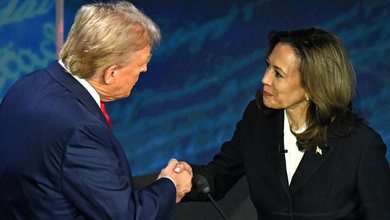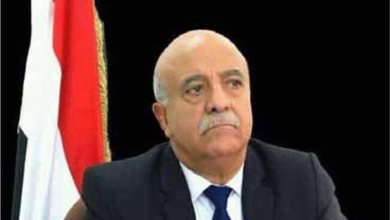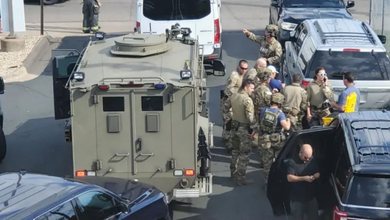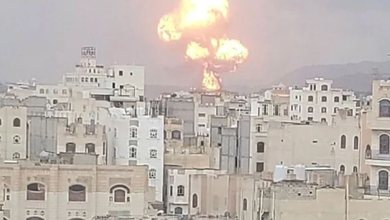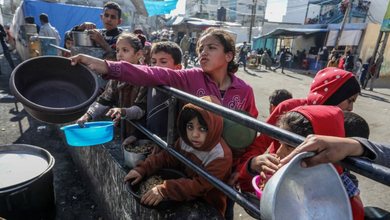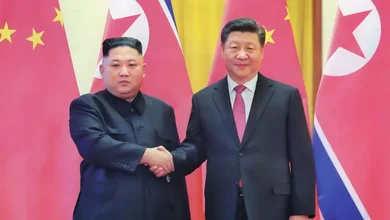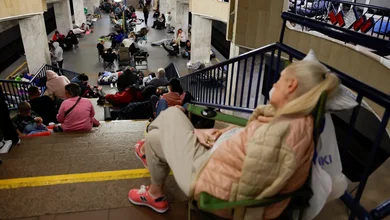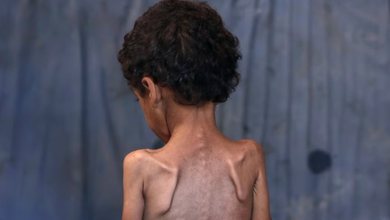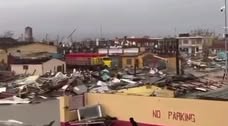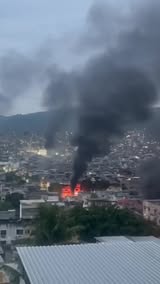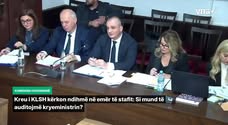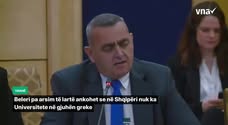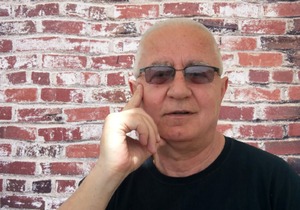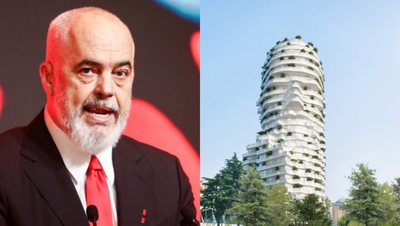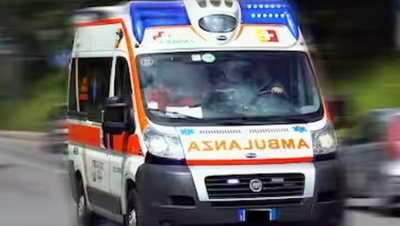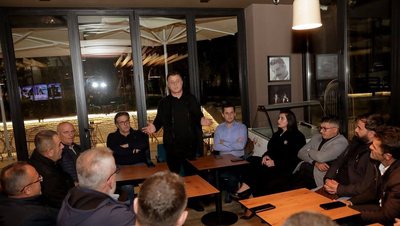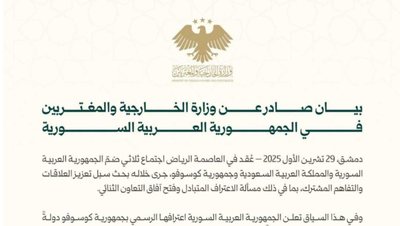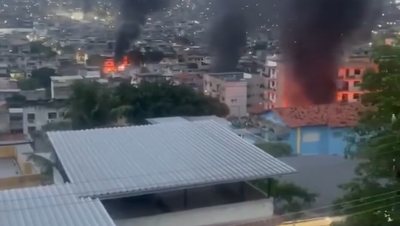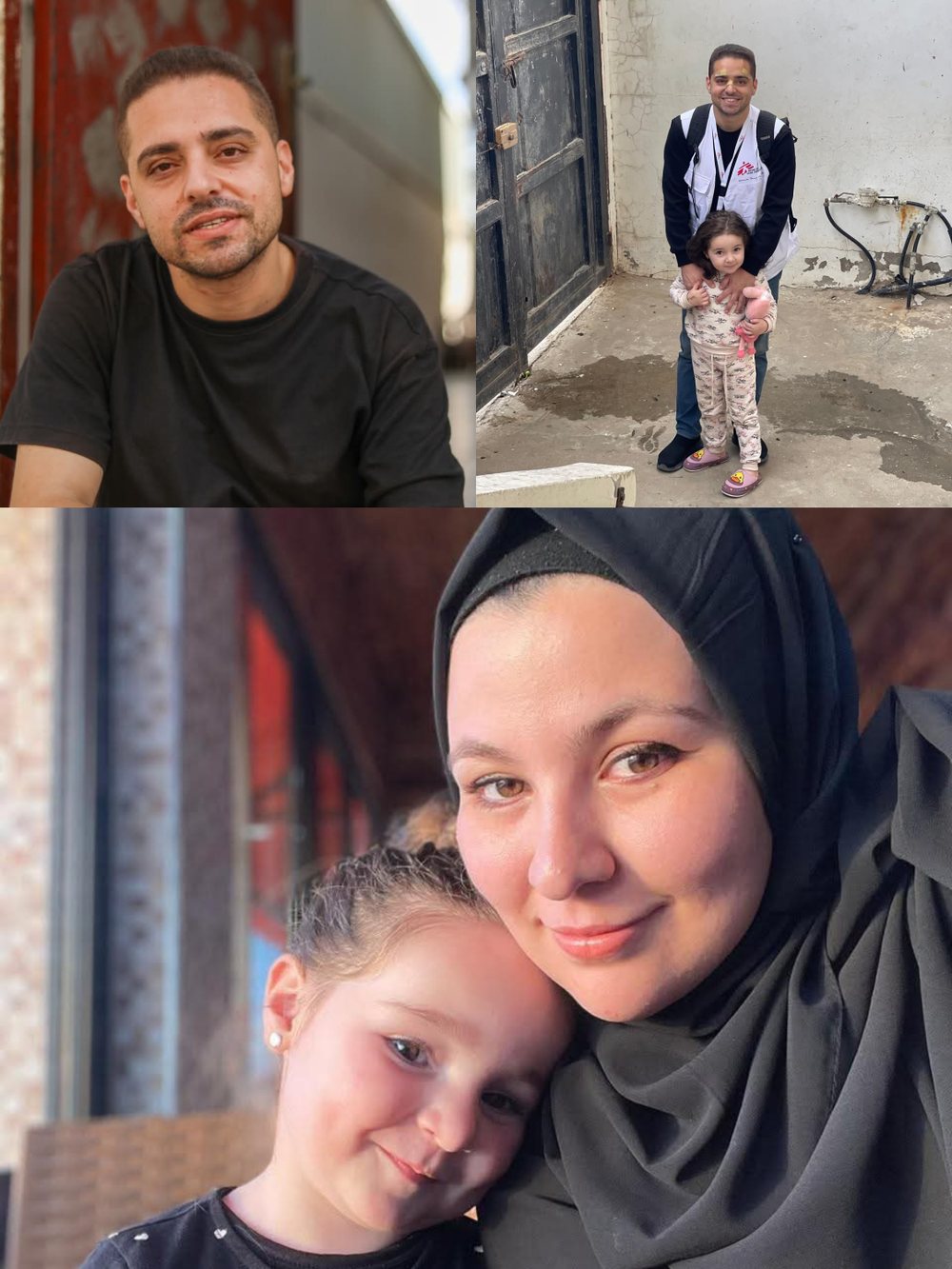
Her name is Rita! It's taken from a poem written by a famous Palestinian poet. It's a song that I used to sing and play on an instrument, and my wife loves it too. So Rita is a product of love between me and my wife. I haven't seen them in a year and a half. When the border opened last year, I sent them both out of the country. I have a master's degree in Burns, Plastic and Reconstructive Surgery, and these skills are sorely needed in Gaza. So I decided to stay behind.
Now the border is closed and I can't leave even if I wanted to. I try my best to talk to Rita every day on WhatsApp. I ask her about the asylum, about her swimming lessons. I look at her latest drawings and try to encourage her. But it's nothing... I'm just a WhatsApp dad.
A few days ago she was ignoring me a little, playing with her toys, so I asked her: 'Why aren't you talking to me?' She replied: 'I think I've forgotten you a little.' My wife intervened and said: 'No, no, you're kidding.' But I said: 'There's no need to kid. You're telling the truth.' I've been absent for most of her life. First with my studies in England and now with this separation. I feel guilty, yes. But if I had been away, I would feel even more guilty. There would be a crack in my heart. It would come to me in my bad dreams, every time I saw the suffering of my people.
The first phase of this genocide was the destruction of the health infrastructure, so that there would be no shelter for the dead. I am part of an organization, Doctors Without Borders, with great skills and great principles. I knew that if we made the right decisions and did the right things, we could bring immense comfort to people. And that is what we have done.
I co-managed a team that built a field hospital with 120 beds and three operating rooms that worked 24 hours a day. We set up two health centers in the camps for the displaced, providing 800 services a day. This is something I will be proud of for many, many years. And I hope that one day, Rita will understand.
I will ask him to read books and watch documentaries about the genocide against the people of Gaza. I will ask him to understand that I could not turn a blind eye to the suffering of our people. We must resist. And how do we resist? By existing. And how do we exist? By having value. And in our family, our value is to serve others, more than ourselves."
Dr. Sohaib Safi is deputy medical coordinator for MSF Belgium. His story is part of a series I am doing about the Palestinian staff of Médecins Sans Frontières / MSF (Doctors Without Borders) in Gaza.
The day after this interview, Dr. Safi was accepted to pursue an MSc in Clinical Research at the University of Galway in Ireland. He was evacuated from Gaza yesterday and hopes to be reunited with his family within the next two weeks.


